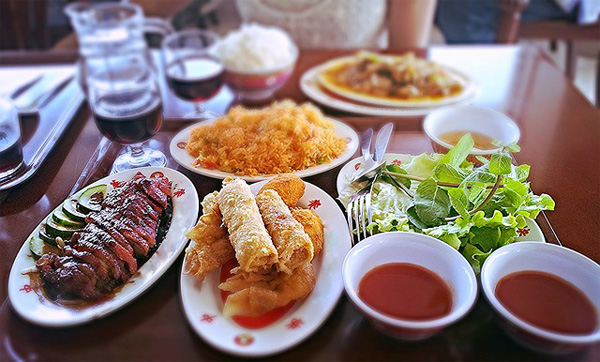If you are pregnant, you need to pay special attention to all of the food you consume. Since you are eating for both you and your baby, certain foods can have an adverse effect on a developing fetus.
Every woman knows not to smoke or drink alcohol during pregnancy, but many women do not take any other part of their diet into consideration. If you have a food intolerance, this is important to keep in mind during pregnancy.
Important also is to consider whether your baby may be intolerant. Let’s take a look at some of the primary foods that should be avoided when you are pregnant:
1. Seafood with a high mercury content
Seafood contains protein, and many fish have omega-3 fatty acids that have been proven to be beneficial to the brain development of a fetus. However, certain shellfish and fish have levels of mercury that are considered potentially dangerous. The nervous system of a baby is very fragile in the developmental stages. Too large a concentration of mercury could damage it.
The older or bigger a fish is, the more mercury it will have in it. The Environmental Protection Agency (EPA) and The Food and Drug Administration (FDA) say that pregnant women should not eat tilefish, king mackerel, shark, and swordfish.
2. Seafood that is contaminated, undercooked or raw
The bodies of healthy adults can easily deal with the viruses and bacteria found in many types of seafood unless a person has a food intolerance. A fetus cannot handle those things, so it is important to do the following:
– Do not eat lox or any other smoked seafood that is refrigerated. However, canned versions are ok.
– Do not eat raw shellfish and fish. Clams and oysters should be eliminated from your diet.
3. Eggs, poultry and meat that is undercooked
Your body is more susceptible to bacterial food poisoning while you are pregnant. Your body’s reaction could be worse that if you were not pregnant. In order to prevent any illness related to food, do the following:
– Eggs should be cooked until their whites and yolks are firm to avoid salmonella poisoning.
– Avoid pre-stuffed poultry. Bacterial growth can be caused when the stuffing mixes with the raw juice. However, if the pre-stuffed poultry is frozen, it is safe.
– Do not eat meat spreads and pates that have been refrigerated.
4. Unpasteurized foods
While cottage cheese and skim milk can be healthy, do not consume anything that has unpasteurized milk in it. Food-related illnesses are often caused by these foods. Do not eat the following, unless the package says it is pasteurized or made with milk that is pasteurized:
- Mexican-style cheeses, such as panela, queso fresco, and queso blanco
- Blue cheese
- Camembert
- Feta
- Brie
5. Unwashed vegetables and fruits
Even if you are not pregnant, you should always wash your fruits and vegetables. However, when you are pregnant, you and your baby can be harmed by the bacteria that may be contained in these items. You must also cut off any damaged parts of the fruits and vegetables you eat.
6. Caffeine
Caffeine can have an adverse affect on the heart rate of the fetus after it crosses the placenta. Many doctors believe too much caffeine could possibly lead to a miscarriage.
Read This Next: 6 Commonly Reported Minor Discomforts in Pregnancy
Bio: Sarah is a small business owner and is currently learning about health, using the internet. Aside from working on her own business, she likes to use social media and read travel books.

